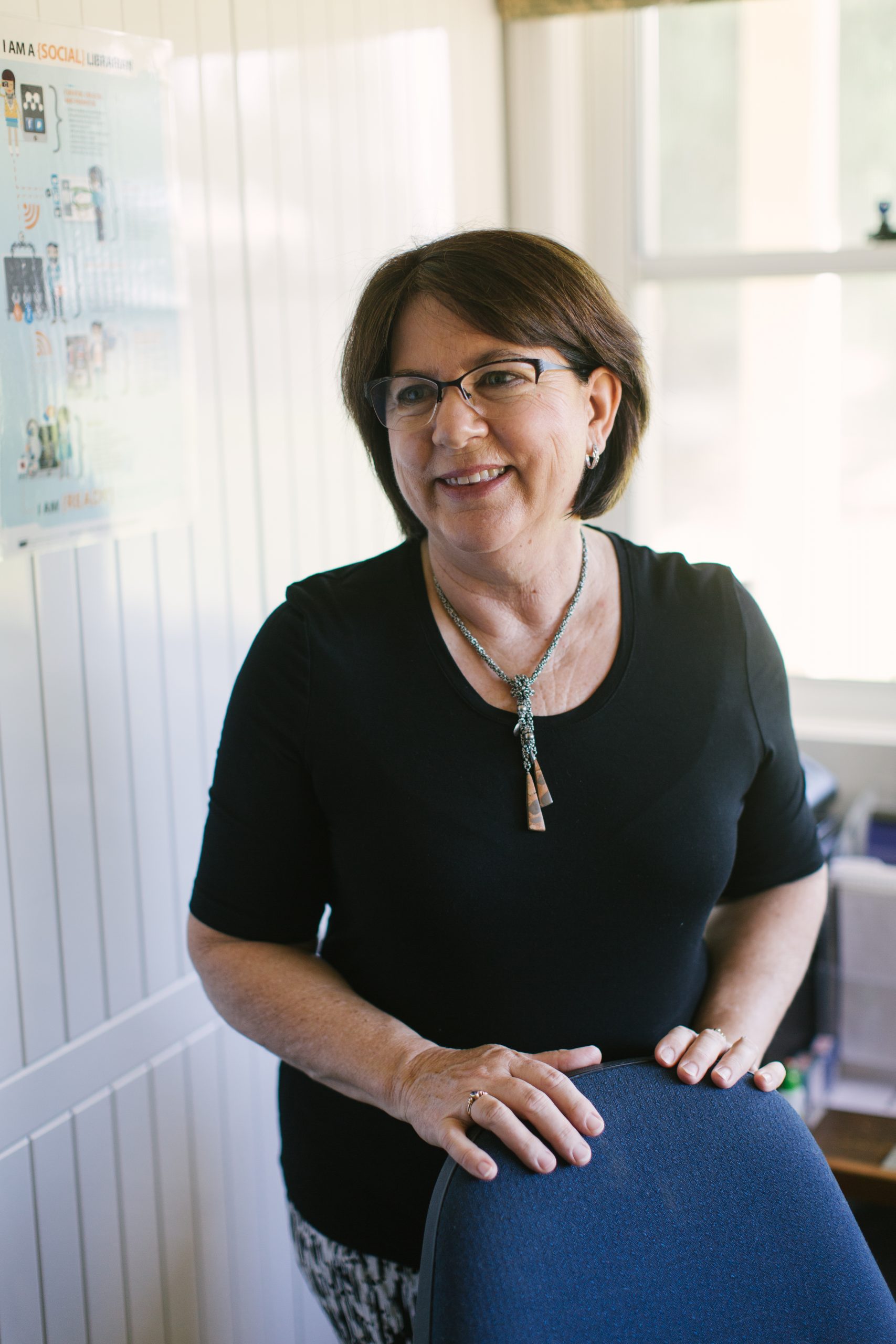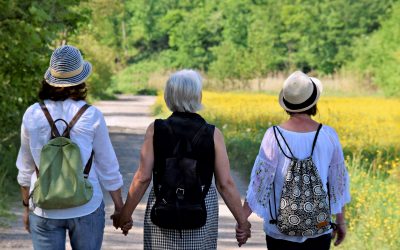This is the 8th article in the “The Stages of Work” series where we are talking about how people’s lives seem to have distinct stages which give them opportunities to reflect and pivot to suit their lives.
Some of my clients are people 55 and over who are on their own after a divorce or death of their partner. The natural distress associated with these events is exacerbated by the fact that financially they are vulnerable and they therefore NEED to keep working until pension age.
This pressure to keep working so they can pay their rent or mortgage, feed and clothe themselves has a big impact on their lives.
Did you know that one of the biggest and growing groups of homeless people are single women over 60. This is really scary as how at this point in their lives do they find security?
These people, often women, have raised and cared for their children, their partner and often their parents but due to time off for these important caring roles now find themselves in a precarious financial position. Many of these women have worked all their lives but unfortunately due to their caring responsibilities it has often been part time work or lower paid work. This disparity in wages means many women do not have the same superannuation as men of a similar age.
The move towards a more casualised workforce has also meant there is less job security for all job seekers but as you get older there is always the spectre of competing for jobs with a much younger demographic.
According to the Human Rights Commission report released in September 2021 ageism is the most acceptable form of prejudice we have in Australia, this makes it harder for people over 50 to get or retain secure work.
If you read my previous article about the Sandwich Generation you will recognise that many people of this age group have numerous other pressures and responsibilities as well.
Another aspect of this group is that as people get older they find physical jobs such as child care, aged care, labouring and trades aren’t sustainable anymore therefore they need to consider a new, less physical career or maybe some study so they can move into office work or management in the same field.
As one of my clients was telling me the other day, she loved her job but when she got an injury whilst getting an elderly man into his chair she had to rethink what she was going to do. So she decided to further her studies and is almost finished her Advanced Diploma which will qualify her to work in a more administrative and leadership role. Much easier on her physically and much higher wages.
Some ways to help you if you find yourself in this situation
Lifelong learning can help combat ageism. If you keep on learning those things that are needed in your profession, and keep up with technology you will be less likely to suffer ageism. Technology has changed everything we do, so I realise it is not always easy keeping up with it but try to stay current with any technology that affects your work.
Do some short or longer term courses so you are current with new trends. Look for changes in your field and do a micro-credential to meet that need
Exercise and staying active is very important, as it keeps us younger longer.
Hire an Expert: if you need to write a job application and you have never done this before or at least not for a long time then get an expert to do it for you. The same with interviews, talk to others who have been through the process, or go to a Career Coach to help you strategise and practice.
If you are feeling stuck about what to do as you get older but need to keep working, then book a free 30 minute “Right for You” call so we can help you.
The next article in this series will focus on Transitioning to Retirement










0 Comments